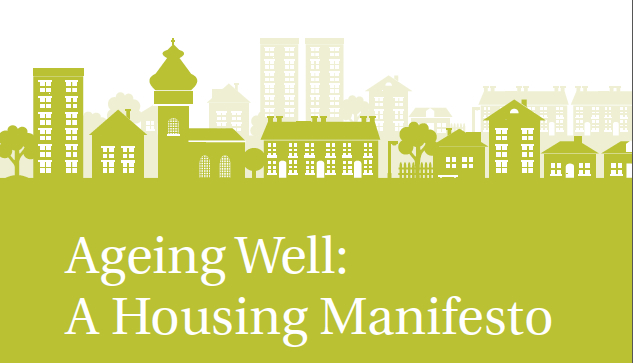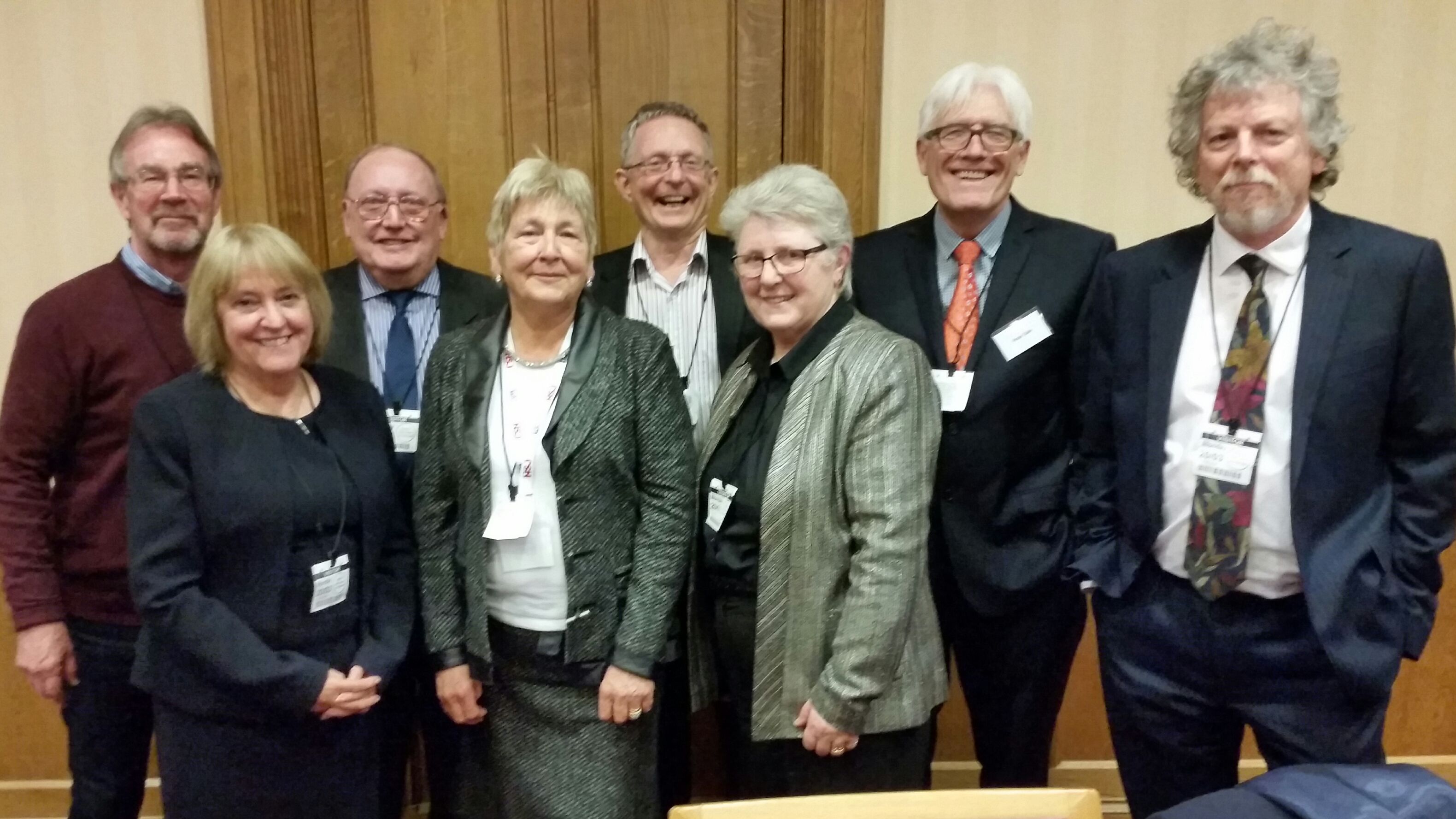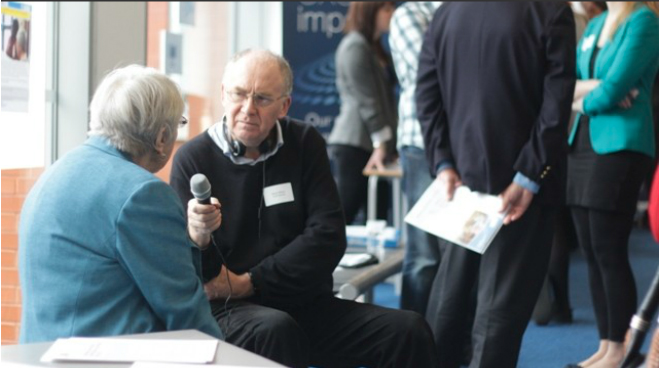Tony Watts OBE, Director of EngAgeNet, on why we need a new narrative on ageing
There are more of us than ever before – over 20 million aged 50 plus, some 11 million are 65 and over.
We are living longer than ever before.
And because more of us are living with chronic long-term conditions than ever before, we also represent a challenge to services such as health and care that keep us going.
We are also – in case no one has drawn this to your attention – drawing our pensions for longer than ever before.
However, what is also often forgotten when anyone brings up the “problem” of older people, the “challenges” they present to society, and the “burden” they represent, is that older people are also an asset. A resource that other generations rely on. Contributors to, not just takers from, society.
But that’s not the narrative that is most commonly heard.
All too often, they’re blamed as the demographic that spends all of our council tax on care.
The “lucky generation” that selfishly sits on the nation’s housing stock and forces younger people to rent their homes at exorbitant prices.
The old crusties who won’t retire when they’re supposed to and are taking jobs from younger people.
Who sets the agenda?
I could, if I was feeling controversial, point to the fact that children too could be portrayed as not contributing to society. They don’t work. They need nursing, feeding, clothing – and educating – but society quite rightly sees them as an asset, not a burden.
However, like all these things, how society perceives us is often driven through the narrow lens of the media, opinion formers and people who have an agenda – an agenda, it often appears – to separate different sections of society from each other when it’s only when society cooperates and pools its individual strengths that it functions to its full potential.
And that is the danger we currently face: that – through ignorance or malice – older people are routinely defined by what they take from society, and not what they give.
So we at EngAgeNet are trying to change that narrative, and telling anyone who will listen about how older people are an often neglected resource.
Contributing to society
Nearly half of older people are active volunteers, gifting 1.4 billion hours a year and making a massive positive difference to the lives of people of all ages.
1.2 million of those aged 65 and over are still working, paying tax and contributing to the economy, retaining valuable life skills which we pass on to younger people. And no, we aren’t keeping those younger people out of a job – that is a proven fallacy. Indeed, according to the Government’s own figures, if everyone worked one year longer, it would add 1% to the GDP.
2.25 million of us provide a total of some 54 million hours of unpaid care each week – not just looking after other elderly people but caring for grandchildren and enabling their children to work.
Even those requiring care are contributing – the care sector alone employs 1.6 million people and represents a £45 billion sector. We keep a lot of people in work!
And all that is ignoring the “softer” contribution we make to society when called upon to advise or mentor younger people.
So what are we doing to try and change the way older people are portrayed and perceived?
Attached is a document called “New Narrative on Ageing”, produced by the South East Forum on Ageing and EngAgeNet, and which aims to provide a template for a more positive view of ageing. Through this narrative we hope that the contribution made by older people and their value to society will become better understood.
Not only is it a necessary attempt to change deeply embedded social attitudes and influence policy, but it aims to help older people themselves become more confident about their own personal ageing journey and their place in society.
Why stereotyping needs to end
Like any group outside the social mainstream, older people are routinely stereotyped and are the subject of many false assumptions, simplistic generalisations and plain untruths. And, make no mistake, if you as an individual or as a group feel constantly denigrated and unvalued, then you can soon start believing it.
Across all generations we need a debate on ageing – a debate that is not just about today’s older generation.
We are all – if we are lucky – going to get older. So, this is also a debate about our own futures and to consider how we all prepare well for longer and more valued lives.
Continuing to see ageing as a social problem, the old narrative, gets in the way of creating the kind of change that would benefit people of all generations.
Dispelling the myths, exposing the untruths, creating a more balanced portrayal of ageing as part of life, will enable people to have a more hopeful view of their own ‘future ageing’, and hence to be more appreciative of older people generally.
Through sharing a more enlightened, a less fearful perspective view of ageing, people will think about their own future, how they might want that to look, and hence what might need to change right now.
This new narrative needs to be heard by all organisations and institutions whose decisions and actions affect people in later life: government, business, social commentators and the media in general.
EngAgeNet, the organisation I am part of, was set up to speak up for older people. But it was set up to speak up for all older people – including tomorrow’s.
New Narrative on Ageing:
https://www.engagenet.org.uk/wp-content/uploads/A-New-Narrative-on-Ageing-ePDF2Final.pdf


